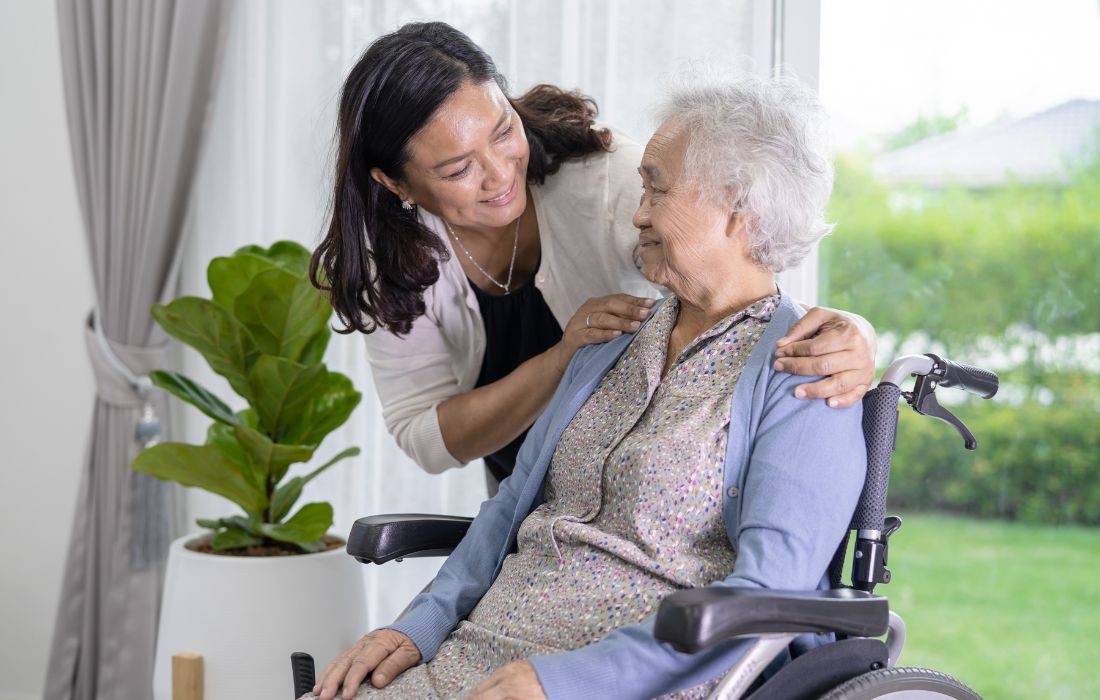Older people’s quality of life is greatly affected by their limited movement. Due to age-related ailments, injuries, or chronic illnesses, those with restricted movement encounter physical and mental hurdles.
Everyday activities become more difficult, interacting with others may feel impossible, and independence may be at risk.
This article will discuss issues that older individuals have due to reduced mobility and offer helpful home care recommendations to enhance their health and quality of life.
By applying these essential approaches, older adults with limited mobility can reclaim their independence and improve their quality of life.
Understanding the Importance of Home Care
As people age, their mobility can decline, making it more challenging to go about their everyday lives independently.
For older adults with limited mobility, home care for seniors is essential in ensuring their well-being and overall quality of life.
These facilities allow people to receive the care they need without having to move out of their homes because of the personalized care that they receive.
Maintaining social connections is a major advantage of home care for elderly people with mobility issues.
The capacity to maintain consistent contact with caregivers promotes feelings of social connection. Feelings of loneliness and solitude due to physical limitations are minimized.
Creating a Safe and Accessible Living Environment
With the help of specialized homecare services, older adults with mobility issues can remain in their homes where they are safe and independent.
These programs give seniors the specialized care they need to continue living safely and independently in their homes.
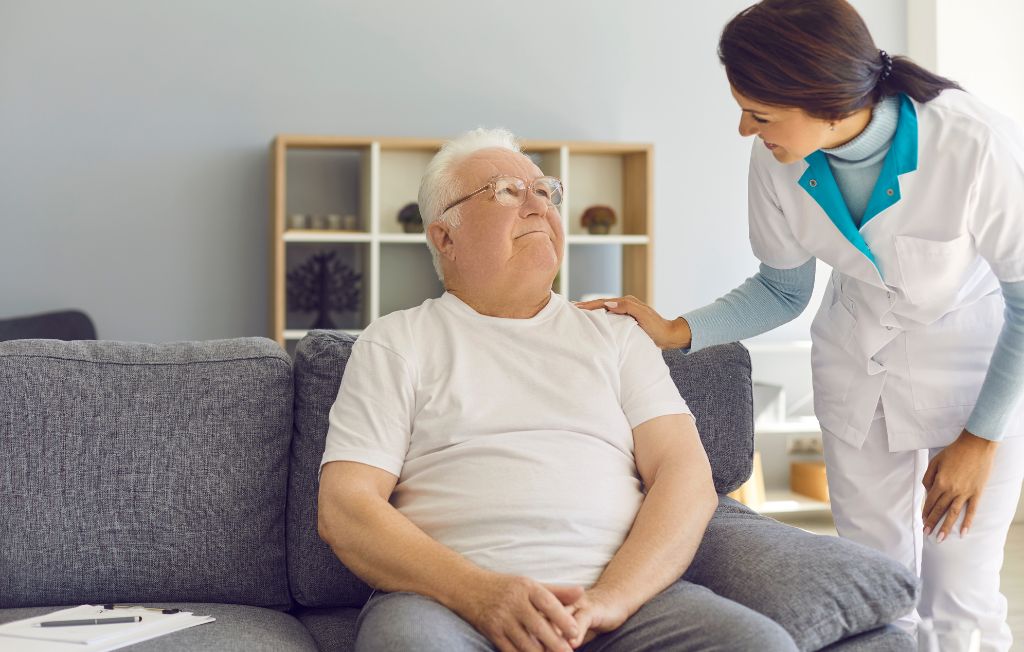
Potential dangers should be removed to make the home a secure place for Golden Agers.
Caregivers work closely with families to pinpoint potential risk factors like loose carpets or uneven floors and take corrective action.
Assisting with Daily Activities and Personal Care
It can be challenging for elders with mobility issues to carry out routine chores and self-care.
Homecare services, on the other hand, provide a lifeline of support for these individuals, ensuring they can continue living comfortably and safely in their homes.
Homecare providers specialize in bathing, dressing, and grooming to assist with meal preparation and medication management.
Caregivers are taught to be compassionate while also promoting dignity and independence.
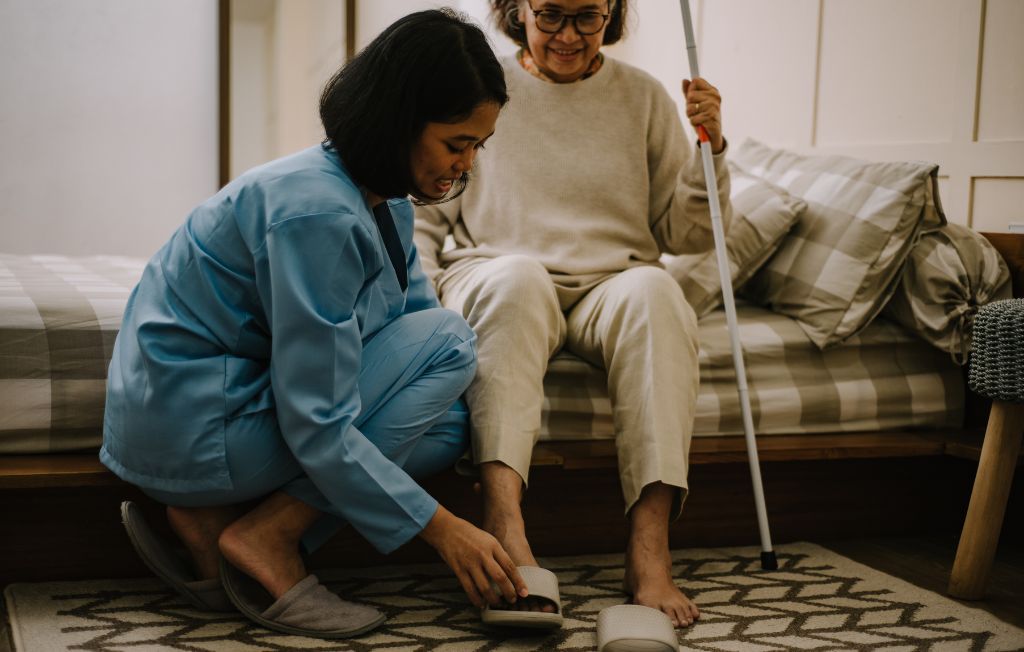
These dedicated professionals understand seniors’ unique challenges due to limited mobility and strive to create a safe environment in which they can thrive.
Promoting Social Engagement and Mental Well-being
Maintaining an active and engaged social life can become quite challenging for senior citizens, whether due to chronic conditions or age-related factors.
However, homecare services have emerged as a promising solution to promote social engagement and enhance the mental well-being of older adults facing limited mobility.
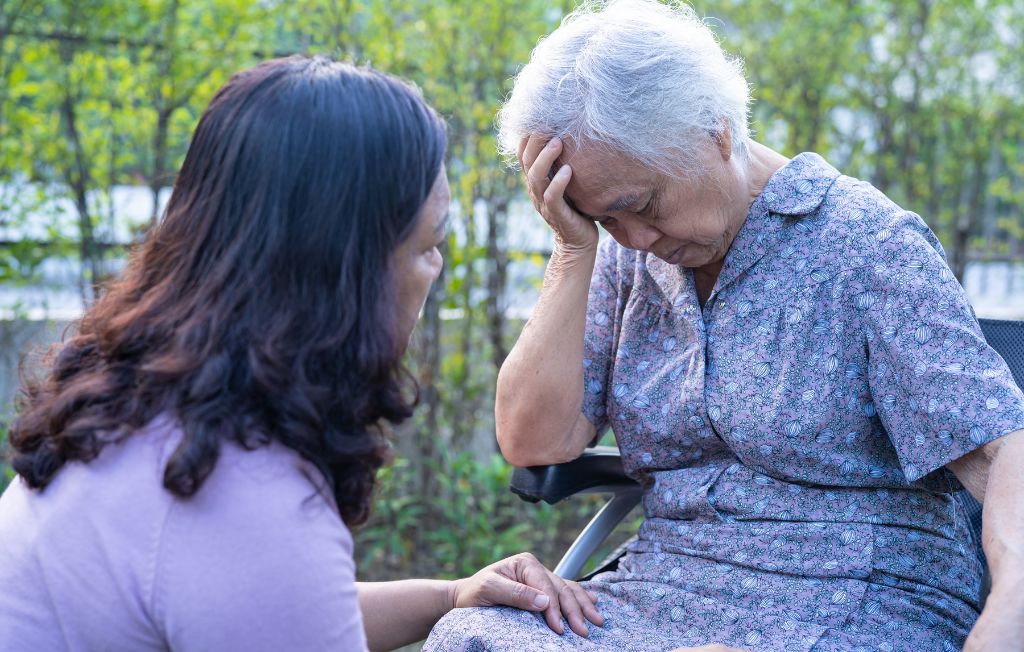
Homecare providers offer services designed specifically for older adults with limited mobility.
These services assist with daily activities such as personal care and household chores and focus on improving social connections through various means.
Moreover, they often act as companions, engaging in conversations, playing games, or spending quality time with clients.
Managing Medication and Healthcare Needs
Homecare services offer a viable solution by bringing healthcare professionals directly into the homes of older adults.
It enables them to receive necessary medical treatments, effectively manage their medications, and meet their healthcare needs in a comfortable and familiar setting.
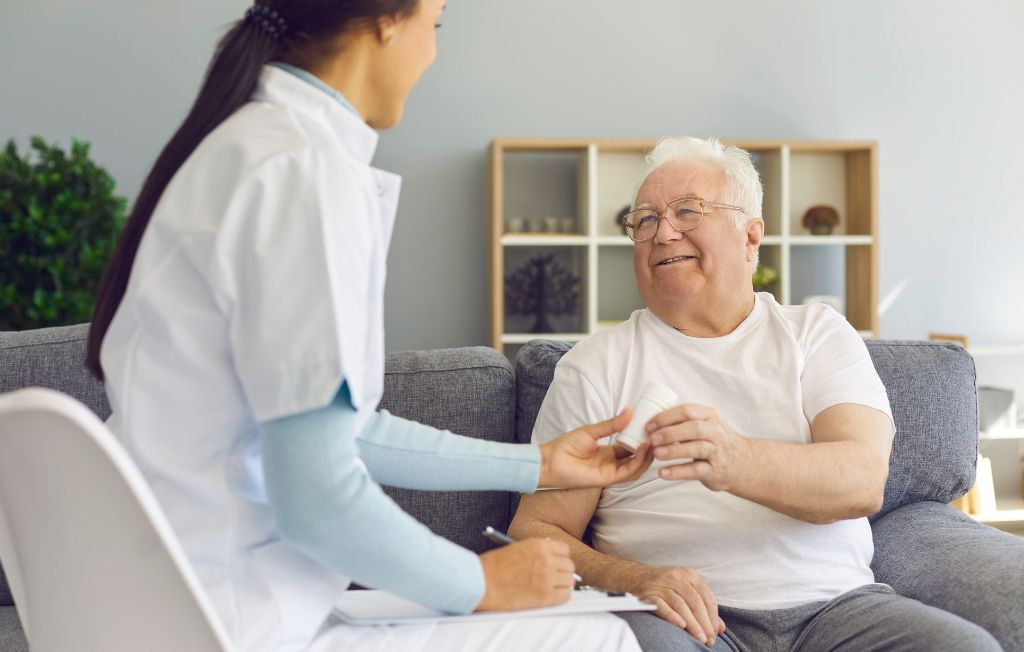
A significant benefit is the increased convenience of managing medication and healthcare needs in at-home care for older adults with limited mobility.
Instead of dealing with transportation issues or relying on family members for assistance, seniors can get the care they need right at home. It reduces the stress and potential health risks associated with leaving their home.


